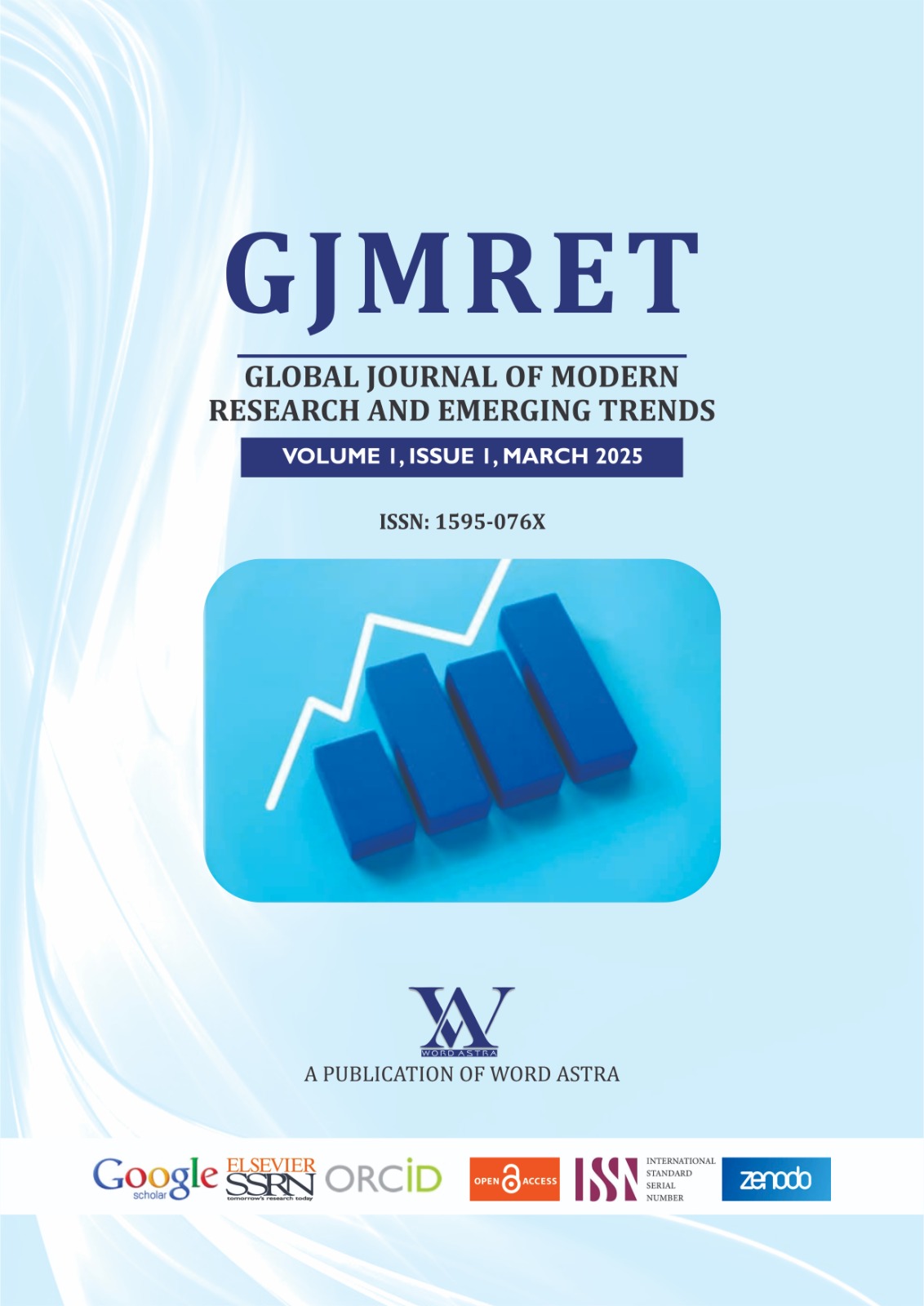
Breaking the Cycle of Dependency: Industrialization Strategies for Nigeria's Economic Transformation
Rich in natural resources, Nigeria remains dependent on imports for refined petroleum, processed food, and industrial products. Dependency Theory explains this paradox, arguing that developing nations are structurally integrated into the global economy as suppliers of raw materials while relying on industrialised nations for finished goods. This paper explores how Nigeria can leverage its abundant resources to bridge market gaps, reduce import dependency, and achieve economic self-sufficiency. Three sectors with high potential for industrialisation are examined: crude oil and petrochemicals, agriculture and agro-processing, and solid minerals and industrial metals. Despite being Africa’s top crude oil producer, Nigeria imports refined petroleum due to inadequate refining capacity. Similarly, it exports unprocessed agricultural commodities while importing processed food. Furthermore, Nigeria’s vast lithium and gold reserves remain underdeveloped, despite rising global demand, particularly for EV batteries. To address these issues, the study proposes export diversification, industrialisation, and infrastructure development. Strengthening local production, improving energy supply, and implementing strategic trade policies can also enhance Nigeria’s global competitiveness. Ultimately, transitioning from an extractive economy to a manufacturing-driven model is essential for breaking free from dependency and ensuring sustainable economic growth.
Download Article


